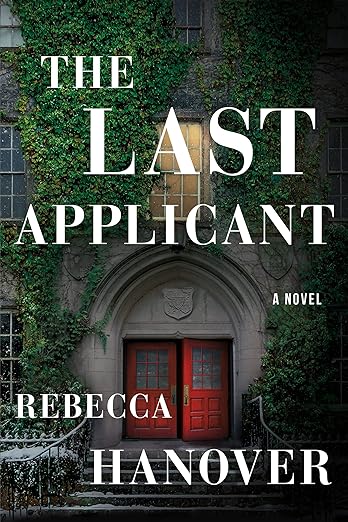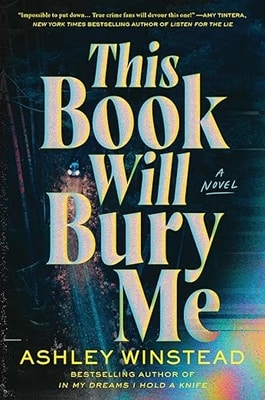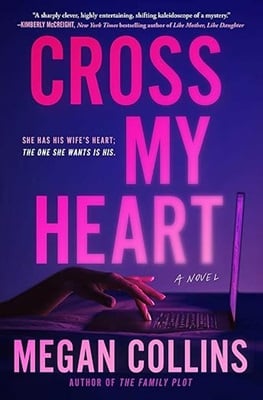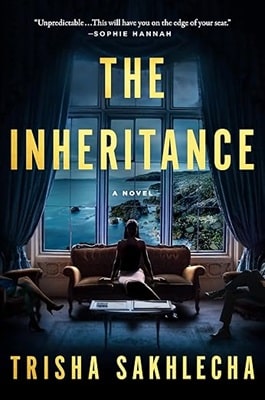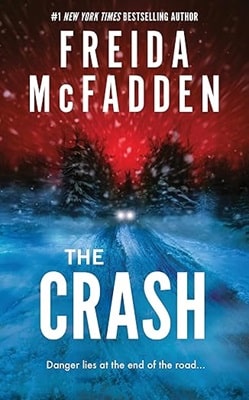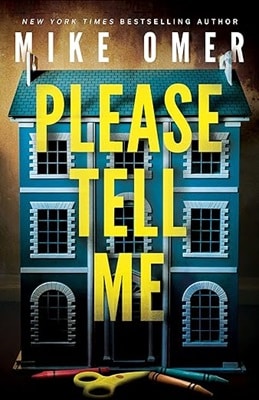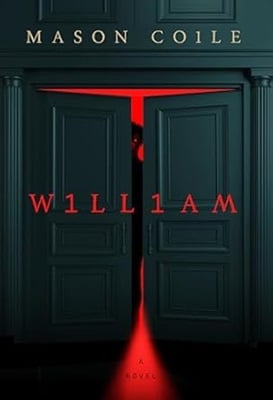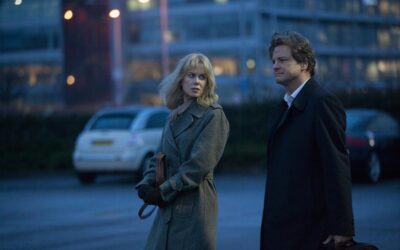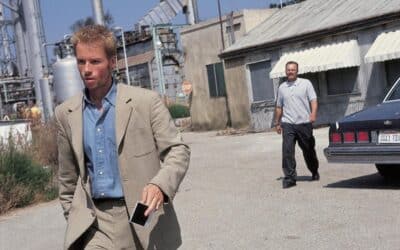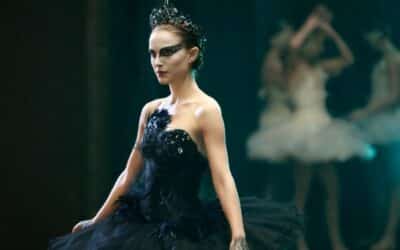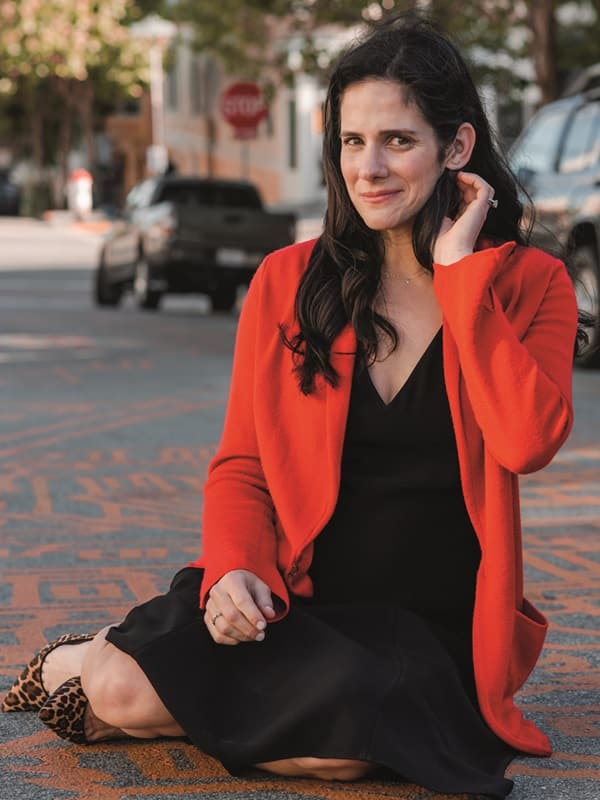
Q&A
Rebecca Hanover
Rebecca Hanover, the New York Times bestselling author of the YA novels, The Similars and The Pretenders, makes her adult fiction debut with THE LAST APPLICANT, which Lake Union will publish in October 2023. After graduating from Stanford University with a BA in English and drama, Rebecca joined the writing team of the CBS daytime drama Guiding Light, where she earned an Emmy Award. She now writes novels full-time from her home in San Francisco, where she enjoys matcha lattes and a complete lack of seasons. When she isn’t writing, she can be found in a yoga class or reading anything Dav Pilkey with her husband and three children.
Q. Can you share how the idea of “intensive parenting” became the driving force behind your novel, and why you wanted to explore it in a psychological thriller?
Rebecca: Intensive parenting is something I think about a lot. I have three kids, and I’m the child of helicopter parents (sorry, Mom and Dad! We all know it’s true!) But the reality is, helicopter parenting as I experienced it as a child is nothing like intensive parenting is now. Helicopter parenting “back in the day” meant making sure your kid wore a seatbelt, did their homework, and participated in a few extracurriculars. Intensive parenting in 2023 is on a whole other level (or two, or three). To “parent” was not a verb. Now it is.
As parents now, and moms, especially (though plenty of dads, too), we’re bombarded with these conflicting messages. That what we should be really focused on is raising resilient, kind kids. That we should parent the kids we have and not the ones we wish we had. That achievement in itself is hollow, and we should focus on accomplishment. That the world needs so much mending, what we perceive as challenges in our small, insignificant lives are exactly that—insignificant. And yet! Kids as young as eight are being coached on soccer fields with hidden earpieces. Parents are lying to each other about what sports their kids do so that they can get an edge. Kids are trying to sabotage each other’s high school applications. Parents are now coaches, chauffeurs, play date organizers, tutors. It’s insanity. I wanted to explore these themes in a thriller because I had this vague notion that I could attempt to turn it all on its head. I hope that’s what I’ve accomplished here, even if clumsily. I’d love to spark more conversations about what we’re all doing here, as parents, and how it’s all affecting our children—and us! Because one thing that’s totally been lost in the shuffle is the idea that parents have, and should have, identities outside our kids. That’s a theme I really try to spend time on in the novel, as well. As you can see, I’m endlessly obsessed with this topic—which made it a good one to spend several years with, churning it over in my brain!
Q. How would you describe the interpersonal dynamics going on between the women in your novel? Can you share any inspirations from your own life experience?
Rebecca: Without giving any spoilers, let’s just say that the nuts and bolts of Sarah and Audrey’s relationship, and how it spirals, is definitely all fiction. But I am lucky to have such a long list of supportive females in my life, that when I tried to come up with a list of women to invite to a book launch dinner, the list got too long, I got stressed out, and then I scrapped the whole idea.
I went to an all-girls school from first through twelfth grade. Women have been a huge part of my life for decades, and I find that I connect with other women in ways that are so important to my well-being. Since becoming a mom, I’ve made so many “mom friends,” and it’s hard to imagine being on this parenting journey without them. Of course, there can be a negative side to this—friendships that turn toxic!—and though I’ve been fortunate not to experience that first-hand, I couldn’t help but want to explore it in this book because it’s so rife with drama, emotion, and high stakes.
Q. Grief is a large driving force in the book, especially for Sarah. What compelled you to explore that aspect?
Rebecca: Once the idea for this novel struck—and it struck, hard!—I started exploring Sarah’s character in a deep way. Who was this woman who would go to such lengths to get her child into kindergarten? What made her tick? I can’t say a lot more than that without spoiling it, but I’ll just say that her grief felt essential and truly organic to her as a person. The book didn’t work without it.
Q. Sarah and Audrey have a very complex emotional relationship with each other and with Luke. What did you draw on to explore the nuances and complexities?
Rebecca: This part of the book emerged organically, after I’d put into place a lot of the foundational elements, like setting, and had done a deep dive into their characters. That was the key, really—figuring out who these three were, and letting them guide me, in a sense, on this complex journey. I felt like I was truly along for their (very twisty) ride.
Q. This is your debut adult novel. What was the experience like writing for a different age group?
Rebecca: Like using a calf muscle instead of a glute! Similar in so many ways. But it stretched me, too, in ways that writing for young adults had not. I had to throw so much more of myself into this novel to make it work, and mine some really vulnerable parts of myself that are harder to put out there, for the whole world to see. It’s a bit like showing my underwear to a group of strangers. The surprising thing is, when I gave the finished novel to some good friends to finally read, I felt I had to give so many disclaimers, like “now you’ll see what it’s like in my head!” and “don’t judge!” But to them, it was just a story, and they didn’t connect it to me as a person in the way I thought they might. Which reminded me—people don’t view your demons and neuroses the way you do. They just saw it all as character work. And me as an author. Which is exactly how it should be.
Q. How did your work writing for television inform or influence this book, both in craft and content?
Rebecca: TV writing taught me to leave my ego at the door, to dig deeply into characters, and to find a way to make twisty storytelling believable and organic. I don’t think I’m capable of writing stories that don’t have at least a few twists and turns, and that love of suspense harkens directly back to my soap opera writing! As for this book, specifically, I do tend to see things cinematically, for better or worse. I don’t ever try to think about how a novel would look as an adaptation, but sometimes I do set up my scenes that way, subconsciously. I’m also a very faithful SAVE THE CAT enthusiast. I use Blake Snyder’s brilliant beat sheet and structure religiously for every project I write.
Q. Is there one thing you wish for readers to take away after reading The Last Applicant?
Rebecca: On a thematic level, if they are left thinking about what it means to be a parent in modern times, and still churning on that after they’ve finished, I’ll be thrilled. On a more immediate level, if they’re tired from possibly having stayed up too late reading (doors securely locked, security alarm on!)… Well, my apologies in advance!
Q. What’s next for you? Can we expect more adult thrillers?
Rebecca: Yes! I’m working on one as we speak. Completely different story, setting, and characters.
Rebecca Hanover's Latest
More Psychological Thrillers
advertisement
Psychological Thriller Features
Labyrinth of the mind
Intricate mind games and compelling narratives
Psychological Manipulation in Thrillers
Memory, Identity, and Madness
The Dark Side of the Mind
The darkest corners of the mind are not just settings but essential characters

